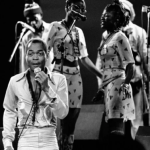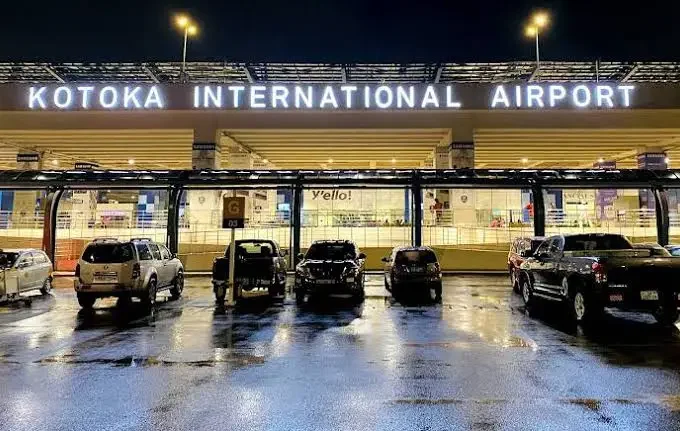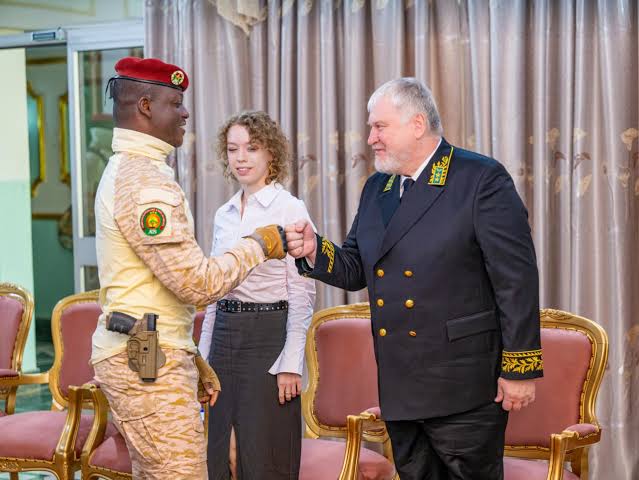
Tinubu’s Recent Visit to France: Should Nigerians Be Concerned?

President Bola Tinubu’s recent state visit to France has sparked concerns about Nigeria’s foreign policy at a time when many African nations are breaking away from French colonial influence. While the visit was framed as an opportunity to strengthen ties, it raises questions about what Nigeria might be giving up.
France’s Waning Influence in Africa
Across Africa, former French colonies are cutting ties with France. Chad recently ended a long-standing defence agreement, paving the way for French troops to leave the country. Senegal has also announced that French soldiers would leave, while countries like Mali, Niger, and Burkina Faso have expelled French forces and turned to new partners like Russia.
These nations are making bold moves to assert their independence. For example, Mali and Burkina Faso have redirected funds to develop agriculture and mining, boosting their economies. Chad’s Foreign Minister, Abdulrahman Koulamallah, recently stated that while France remains a partner, the country wants to fully take charge of its affairs after 66 years of independence.
Senegal’s President Bassirou Faye, in a recent interview with Le Monde, cited historical grievances such as the Thiaroye massacre as part of why French dominance must be terminated. He questioned why France insists on establishing military bases in sovereign nations instead of adopting more equitable partnerships like China and Turkey. Although Côte d’Ivoire remains closely tied to France, the West African country has disclosed its intent to remove French troops from its soil.
This trend is significant. France maintained a strong military and economic influence in African nations for decades. Now, the growing pushback points to a rejection of its influence and a demand for more balanced partnerships. France seems to be turning to Anglophone Africa now—or at least one of its largest economies.

President Tinubu’s state visit to France commenced on 28 November and concluded on 30 November 2024. This visit was significant as it marked a Nigerian leader’s first official state visit to France in over twenty years. Tinubu arrived in Paris on the evening of 27 November and was formally welcomed by French President Emmanuel Macron at the historic Les Invalides.
The French government hosted Tinubu in grand style and treated him with high diplomatic regard. Observers have questioned the intentions behind the grand gestures and Macron’s flattery of the Nigerian president.

Several bilateral agreements were signed during the two-day state visit, yet details of these agreements remain largely undisclosed. Nigerians worry that this alliance and its deals would bind Nigeria to terms that do not favour its long-term interests.
Adding to these concerns were rumours that Nigeria might allow France to set up a military base on its soil. However, the Chief of Defence Staff, General Christopher Musa, dismissed these claims, calling them “baseless.” Speaking in Abuja, Musa clarified that President Tinubu never discussed hosting a foreign military base during his trip to France.
“No foreign entity will be allowed to set up military bases in Nigeria—whether in the north, south, or any other region,” Musa said.
He stated that Nigeria values its independence and will not make decisions that compromise its sovereignty. However, recent developments, such as France’s collaboration with Nigeria’s National Drug Law Enforcement Agency (NDLEA), show how France is trying to deepen ties.
After training NDLEA officers in specialised tactics, France pledged more support in the fight against drug trafficking. While this partnership appears beneficial, observers noted that it could be part of a larger strategy by France to assert influence in Nigeria.
Tinubu’s MOU with France
One of the significant outcomes of Tinubu’s recent visit to France was the signing of a Memorandum of Understanding (MOU) between Nigeria and France to develop projects aimed at diversifying the critical minerals value chain. The agreement includes collaboration on research, training, student exchanges, sustainable mining practices, and the remediation of over 2,000 abandoned mining sites across Nigeria.
While the deal also appears promising, it has raised concerns about potential hidden implications, particularly regarding France’s involvement in Nigeria’s mining sector. Questions linger about whether the agreement grants French companies concessions or allows foreign security forces to protect mining operations, which could lead to military presence under the guise of providing security.
These fears are not unfounded. France’s controversial role in Africa, including alleged meddling in Nigeria during the civil war and influence over ECOWAS, has left many Nigerians wary. In northern Nigeria, some even link France to the prolonged Boko Haram insurgency. The Alliance of Sahel States (AES)—Mali, Niger, and Burkina Faso—have pointedly accused France of sponsoring terrorism in the Sahel.
Since President Tinubu’s visit occurred when France grapples with widespread resentment across Africa for its neo-colonial practices, Nigerians ask: What promises were made behind closed doors, and how might they shape Nigeria’s future?
Read More:
- Nigeria Police Arrest Three, Seize Fake Currencies Worth N129 Billion in Kano
- 10 Nigerians States Spent ₦14.7bn in Nine Months on Allowances, Refreshments Amid Crumbling Infrastructure
About The Author
Related Articles
Ghana to Rename Kotoka International Airport
Ghana’s government is preparing to rename the country’s main international gateway, Kotoka...
ByWest Africa WeeklyFebruary 4, 2026Russia Congratulates Ibrahim Traoré on Assuming AES Presidency
Russia has congratulated Burkina Faso’s President, Captain Ibrahim Traoré, on his assumption...
ByWest Africa WeeklyFebruary 4, 2026AES Condemns Niamey Airport Attack, Warns of Coordinated Destabilisation
The Alliance of Sahel States has strongly condemned the armed attack on...
ByWest Africa WeeklyFebruary 2, 2026Mali Cedes Strategic Land to Guinea to Deepen Trade Cooperation
Mali has approved the transfer of a strategic parcel of land to...
ByWest Africa WeeklyFebruary 2, 2026












Leave a comment